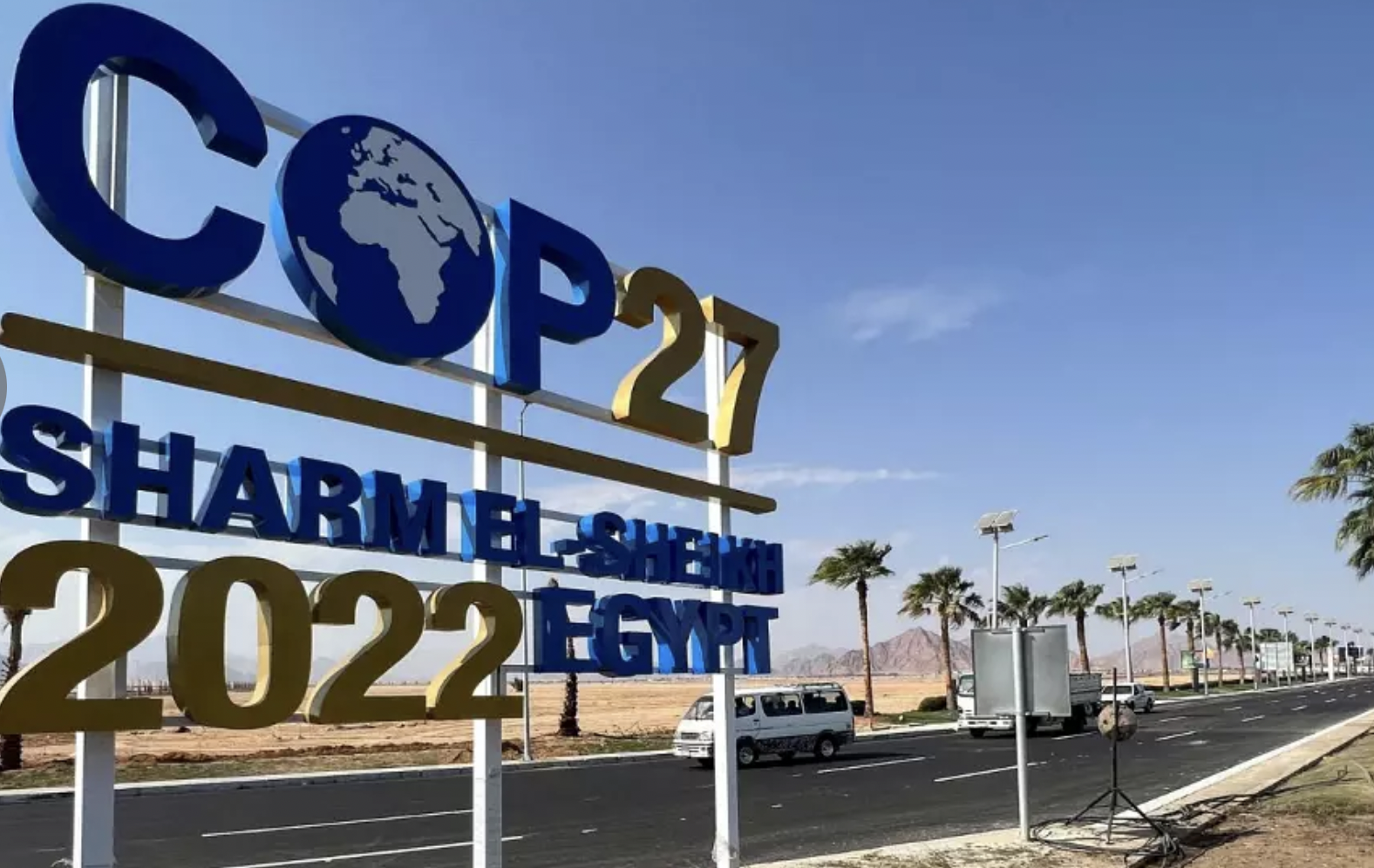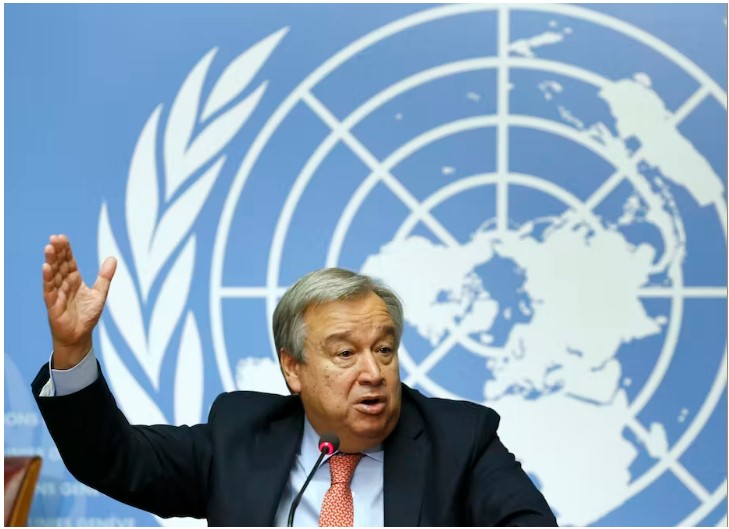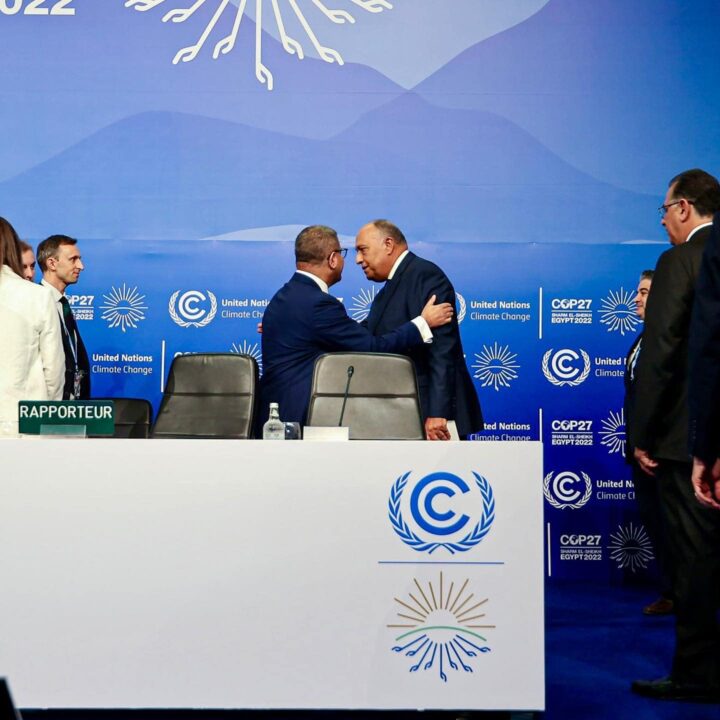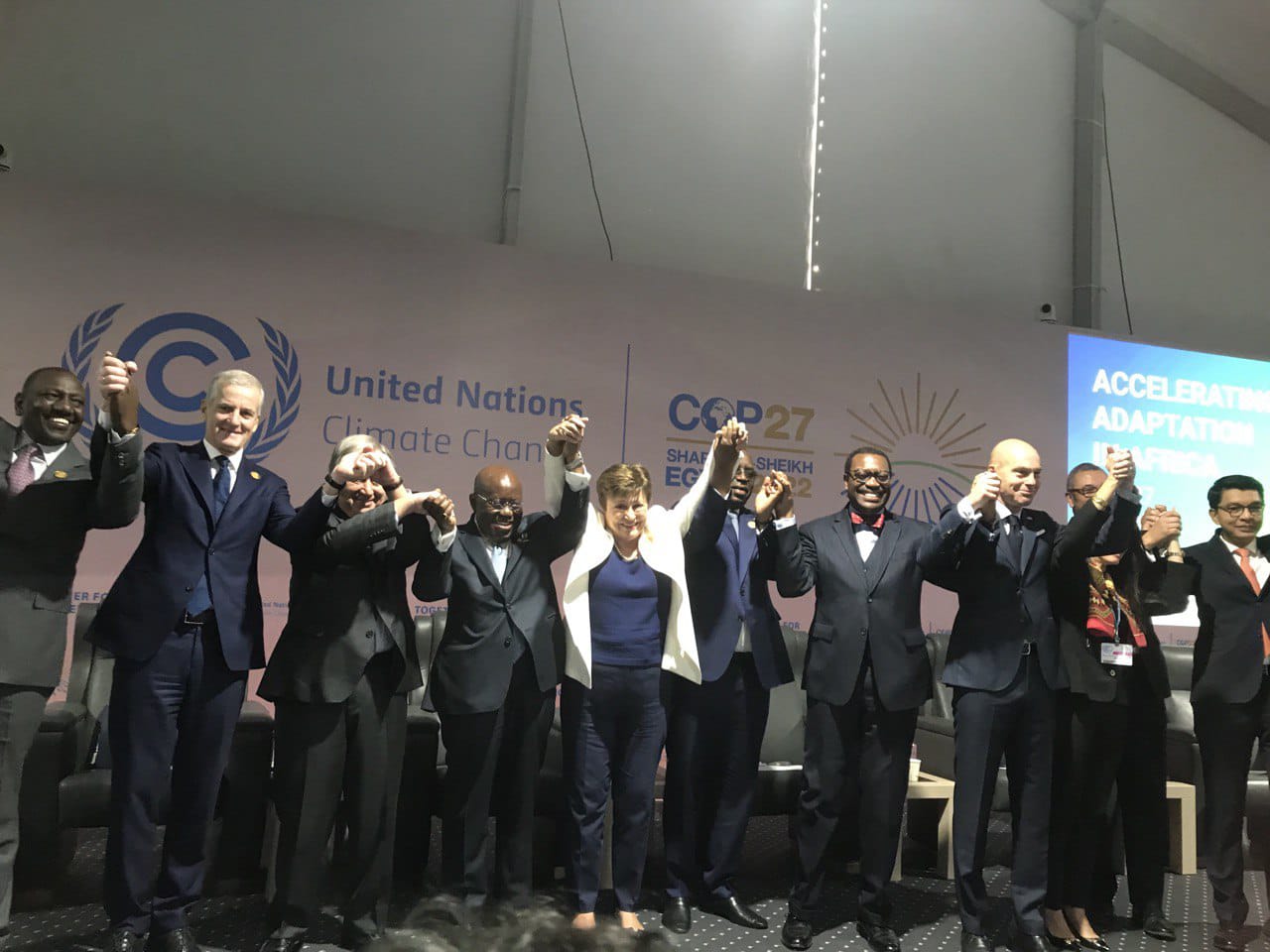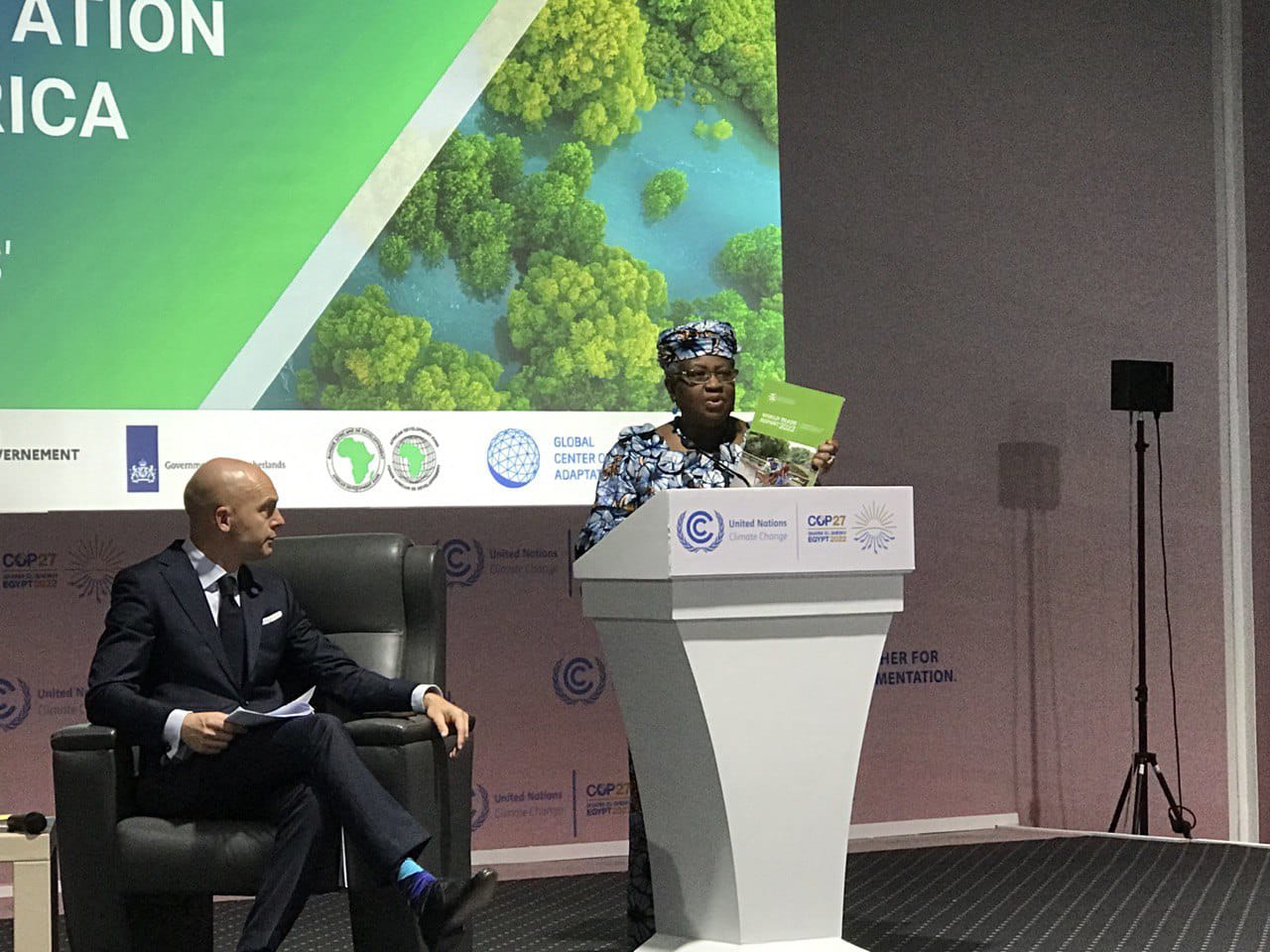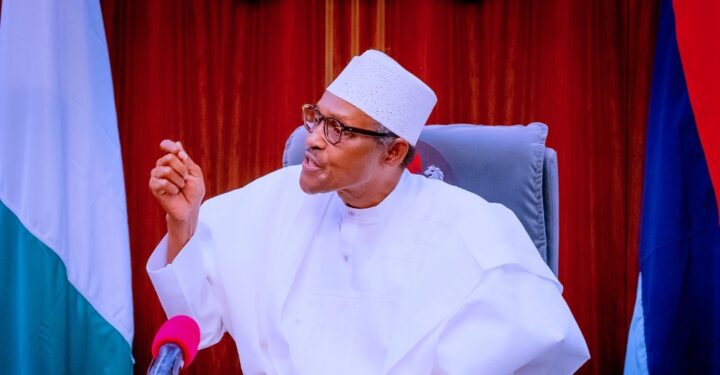Loss and damage — a term used to describe climate impacts that are beyond what people can adapt — has finally made it to the agenda of COP27.
The agenda was adopted by the conference of the parties at the opening plenary led by Sameh Shoukry, COP27 president.
Weeks ahead of the conference, stakeholders raised concerns over the exclusion of ‘loss and damage’ finance on the agenda despite its significance to developing countries.
The demand is that developed countries that have contributed the most to the climate crisis should compensate developing countries for the losses and damages caused by the climate impacts.
Advertisement
During his presentation, Shoukry said the conference must deliver on a collective effort to tackle climate change.
“It comes as no surprise to anyone that the COP is being held this year in a world which is witnessing political turmoil that cast a long shadow on all our nations and has resulted in energy and food crises,” he said.
“However these challenges should be no reason for delaying our collective effort to fight climate change. It is inherent in us all in Sharm El Sheikh to demonstrate our recognition of the magnitude of the challenges we face and our steadfast resolve to overcome them.”
Advertisement
Delivering his speech before handing over the baton, Alok Sharma, COP26 president, said COP27 needs to deliver concrete action and move forward with the agreements made at COP26.
He added that the flood in Nigeria and Pakistan and droughts in Europe serve as more wake-up call for world leaders to deliver on commitments.
“Pakistan is under water, the worst flooding in Nigeria in a decade. This year was the worst drought in 500 years in Europe, in 1000 years in the US and the worst on record in China.
“The cascading effects are also clear, the entire economic sector is becoming unsustainable and uninsurable. Entire regions are becoming unlivable, and the strain on the global movement of goods and the pressure on people to relocate because of the climate crisis is becoming unimaginable. So this conference must be about a concrete action.
Advertisement
“I hope that when the world leaders join us, they will explain clearly what their countries have achieved during the last year and how they will go further.”
Simon Stiell, United Nations secretary-general, lamented the challenges climate change poses to his country, adding that it is time to do things differently.
“Today, a new era begins, and we begin to do things differently,” he said.
“We will be holding people to account be they presidents prime ministers or CEOs, as accountability chief to make our policies, our businesses, our infrastructure, our actions, even personal or the public must be aligned with the Paris Agreement and with the convention.
Advertisement
“The heart of implementation is everybody everywhere in the world, every single day, doing everything they possibly can to address the climate crisis.”
In a press release, the UN said the implementation summit for heads of state and government will run from November 7 to 8 and would have six key topics, including: “Just Transitions, Food Security, Innovative Finance for Climate and Development, Investing in the Future of Energy, Water Security, and Climate Change and The Sustainability of Vulnerable Communities”.
Advertisement
